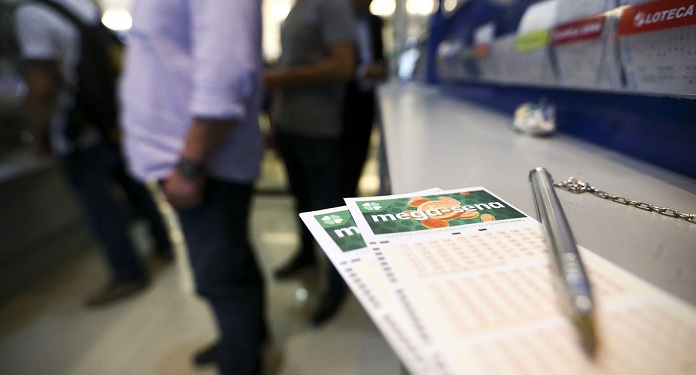The Secretariat for Evaluation, Planning, Energy and Lottery of the Ministry of Economy (Secap-ME) intends to announce, by the end of January, an ordinance establishing rules for the development of sports betting and state lotteries. One of the measures is to find ways to avoid bets from other entities of the Federation.
One of Secap-ME’s intentions is to prevent the creation of state lotteries from ending the viability of federal modalities, which move between R $ 4 billion and R $ 10 billion per year, only that the action can be brought to justice.
A ruling by the Supreme Federal Court (STF) in November ended the Federal Government’s monopoly and allowed states to explore the market. Congress passed the law that allows sports betting, only after 24 months, the government has not yet regulated the national market.
The situation is likely to be resolved by July, and is expected to take effect from 2022. Until then, States take advantage of the gap left by the STF to define their own ways of betting.
The first was Maranhão, in which the Legislative Assembly approved and the government recently published by decree. And another 12 states must follow the example of Maranhão.
Countless state administrations aim to develop online betting systems, over the internet, similar to those currently operating in the country with bookmakers abroad.
Online marketing could take place anywhere in the national territory. This, according to experts, would end up taking away the impact and scope of the Federal Government project.
Secap-ME consulted AGU about state lotteries
After the STF resolution, Secap-ME consulted the Attorney General’s Office (AGU) with a series of questions. One was about the chance to veto state lotteries online, but received a negative response.
“We cannot prevent states from working online, but we can place limits. It was our intention, but unfortunately we cannot prohibit it. The control is theirs (states). They can sell over the internet but cannot exceed the limit of their territories. The technological solution is theirs “, said the head of Secap-ME, Waldir Eustáquio Marques Jr.
According to him, AGU understands that it is the responsibility of the Federal Government to align all State procedures according to the 1944 law, which conditions state lotteries and places limits on the scope and boundaries of each unit.
The president of Maranhão Parcerias (Mapa), state-owned company responsible for managing the Maranhão lottery, Antonio de Jesus Leitão Nunes, assured that there is no mechanism to define borders online and the ordinance can lead to a new fight in the courts, since the STF decided for the autonomy of the States in the judgment.
“I understand that this is not feasible and it is up to a legal discussion between the States and the Union. According to the STF, the Union cannot have exclusivity in this,” said Nunes.
According to Secap-ME, the territorial restriction of state lotteries is what will guarantee the interest of private sector companies in the national modality.
“It will not decrease the sale of the federal product because it can be sold in the country as a whole while the others are only in the states. The sale is higher. It does not affect the price,” said Marques.
Industry unification
According to Waldir Marques, the Federal Government aims to standardize the exploitation of the segment by the federal units to grant legal certainty and to present forms of control for points such as the chance of manipulating results in sports, the use of bets to launder money and grant protection to people with problems with the game.
“I will not say that it is running over because in this specific issue of state lotteries it was already a demand from the entire sector and even ours. We saw that the states needed this source of revenue, but there was a gray area in the laws,” said the secretary .
In relation to the Maranhão lottery, the main portion of the amount to be obtained will be transferred to a fund to grant scholarships to needy local youth.
A competition notice tends to be made official until the end of 2021 in the country and abroad to define companies to operate each modality. Planning is for the system to start operating this year.














